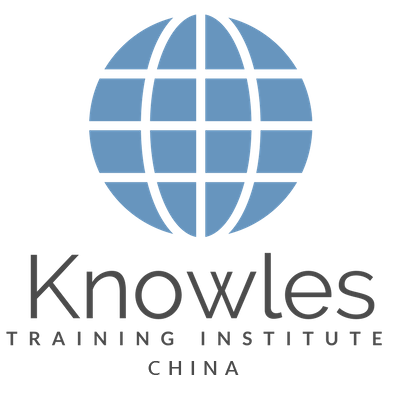Skip to content
LinkingIntern1bksiuevej76kHhK2023-07-14T13:36:27+08:00
Linking
Linking Knowledge for Optimal Memory: Unleashing the Potential of Information Connections
- Relational Associations: Linking information involves establishing relational associations between related concepts. By connecting ideas based on their relationships or shared characteristics, individuals enhance memory encoding and retrieval.
- Networked Thinking: Linking information promotes networked thinking. By considering the interconnectedness of concepts and their interdependencies, individuals develop a comprehensive understanding that enhances memory retention.
- Conceptual Framework: Linking information aids in the creation of a conceptual framework. By organizing related concepts into a structured framework, individuals facilitate memory organization and the ability to retrieve information.
- Adaptive Linking Strategies: Linking information adaptively involves adjusting the linking strategies to match individual learning preferences or the nature of the information. By customizing the approach, individuals optimize memory encoding and retrieval.
- Analogical Reasoning: Linking information through analogical reasoning enhances memory by drawing parallels between different domains or contexts. By identifying similarities and transferring knowledge from familiar domains, individuals create meaningful associations that aid in recall.
- Contextual Embedding: Linking information through contextual embedding involves connecting concepts to real-life scenarios or personal experiences. By embedding information in relevant contexts, individuals establish stronger memory traces and improve retrieval.
- Concept Mapping: Linking information through concept mapping techniques helps visualize the connections between ideas. By creating visual representations that depict the relationships and interdependencies of concepts, individuals enhance memory consolidation and recall.
- Multidimensional Linkages: Linking information through multidimensional linkages involves considering multiple perspectives or dimensions of concepts. By exploring different angles and aspects, individuals develop more robust memory representations and retrieval pathways.
- Reflective Linking Practice: Linking information through reflective practices promotes metacognition and deep learning. By actively reflecting on the connections between concepts, individuals strengthen their understanding and consolidate memory.
- Transfer of Knowledge: Linking information facilitates the transfer of knowledge to new situations or contexts. By applying concepts in diverse contexts and making connections to practical examples, individuals enhance memory retention and the ability to apply knowledge effectively.
Page load link

